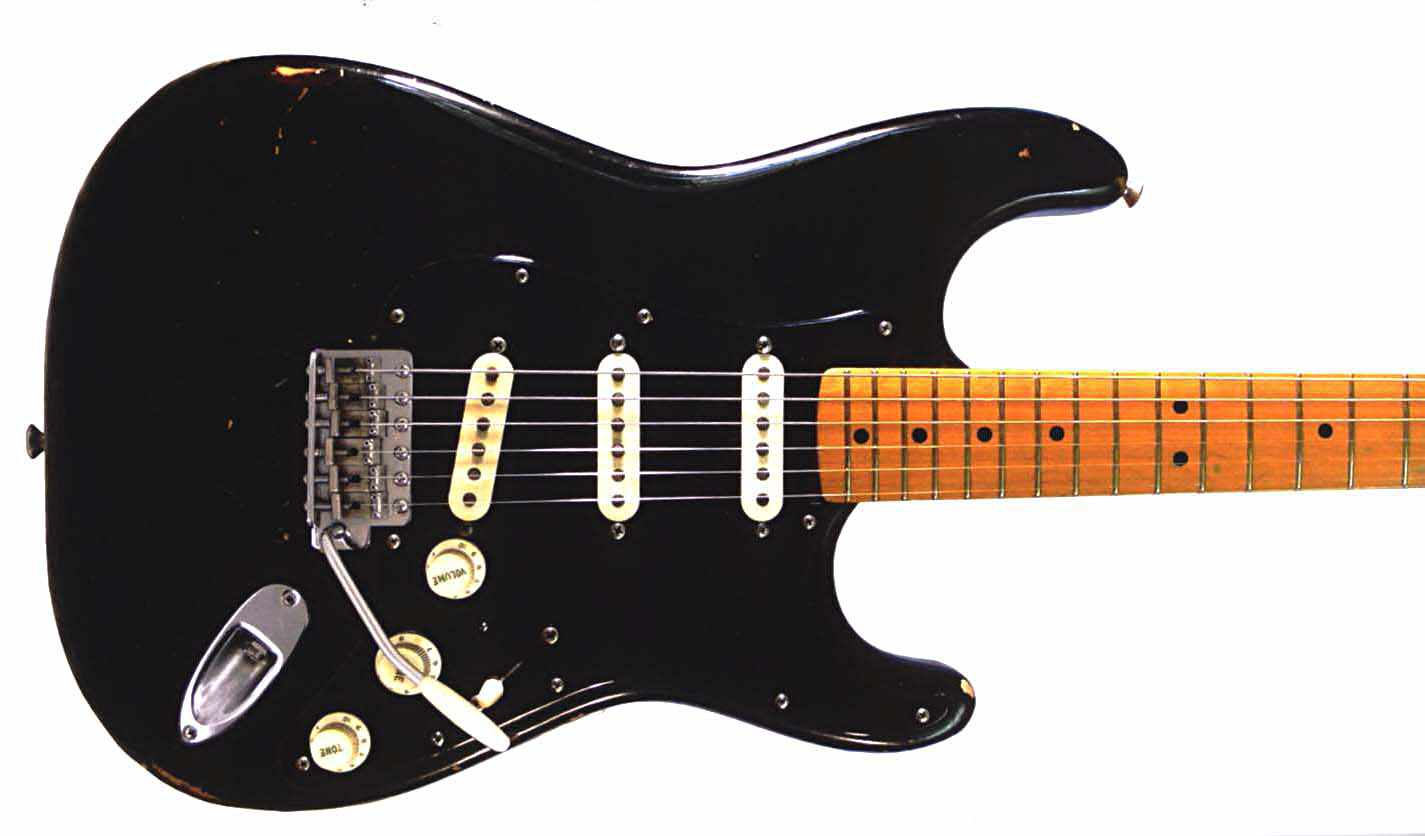I dusted off my RPI4 and started tinkering with self-hosting things and it’s sparked a fire. Suddenly I have 7 docker containers running and I need more RAM, more space and I want something reliable with room to grow. I like small form factors but it doesn’t need to be RPI small. Any recs for your favorite hardware under $500?
Intel NUC. Myself I prefer Proxmox as the first layer (so I can do stuff remotelly), and Alpine Linux VM as a second layer.
This been rock stable for me for the past 1 year or so.
NUCs are great little boxes. I have extensive experience with them. Not a lot of room for RAID or other nice to haves, but besides that even in some pretty bad environments they just happily sit there chugging away year after year.
The fan can get gummed up, but if your environment is at all reasonable it’ll probably not be a problem. OTOH, you can buy these massive fanless cases for a NUC that make the whole question moot.
I’ve replaced fan once. Purchased from Ali. Works like a charm.
The reason why I had to replace fan is because it is CCTV-Viewer host and the app is not using hardware acceleration (not supported). Lots of cameras, CPU is usually around 60-70% 24/7 and temperature usually never drops below 80°c. It’s expected in my case.
The other NUC is running 24/7 as media center/home server for the past 2 years and to this day works like a charm.
This is pretty much exactly what I do. I’m partial to Debian though.
I have a couple of Intel NUCs and they are great, one is the first generation NUC with the Celeron and runs Home Assistant without problems.
At the moment I am eyeing the new N100 CPUs they are pretty powerful compared to the previous generation. Asrock and Asus are bringing out motherboards with the CPU soldered and they are also fanless. The Asrock is nicer because you don’t need a real PSU for it and it has an extra SATA port. They are not yet available.
https://www.asrock.com/mb/Intel/N100DC-ITX/index.asp
https://www.asus.com/motherboards-components/motherboards/prime/prime-n100i-d-d4/
Planning on making an unRaid miniPC
+1 for a NUC. There’s plenty of second hand ones on Ebay which can be had at around $100. The nice thing is that they have ultra low voltage CPUs so the power bill is not a concern with running 24/7.
There are so many brands of these NUCs on Amazon it’s dizzying, it’s hard to know what’s reliable or just cobbled-together hardware. Should I just stick to the big names like ASUS or are there some diamonds in the rough?
Personally, I would stick with name brands in case something goes wrong. Asus is ok or you can get directly with Intel, they are the original creators. Before deciding to wait for a N100 motherboard I was looking at getting the Intel NUC13ANHi3 or the i5 version.
You can get some decent enterprise hardware for fairly cheap on places like amazon. I got a dell R710 for around $800 a couple of years back. The equipment tends to be a little scuffed up and older in terms of hardware, but they still offer plently of performance IMO. The one I have has a 6 drive RAID with 1.5TB disks, dual 6-core processors, and 128GB of ram. Only downside I would say is they tend to use quite a bit of power (around 207W from what I’ve measured).
At the moment hardware is just expensive. I ended up with a NUC with 32gb of ram in order to future proof myself while I wait for hardware to become cheaper. Other than another stick of ram I can’t see me needing to update any time soon.
Definitely a NUC or similar mini PC from the likes of Geekom, Beelink, or Minisforum. My whole homelab was mini PCs until I consolidated to a NUC 12 Pro as I build up my rack. Slap Proxmox on the machine, build some VMs and LXCs, and have at it.
I’d recommend taking a look at used small form factor PCs on eBay. I’ve been using one for a couple years now that came with an i7-8700 16GB of ram and an nvme SSD for about $300. Running 30+ docker containers without any issues (most are lightweight to be fair)
The only drawback to small form factor is that you have limited expansion opportunity with the unit itself. In my case I use an external NAS for storage of larger files.
ServeTheHome has a bunch of videos on YouTube about these small form factor computers.
I use a Dell Micro with Ubuntu for docker containers mounted to a wall with a Synology NAS 4 bay for storage. I used to have a small form factor with a 12bay SAS array attached but the power consumption was ridiculous.
Intel NUC or similar mini-pcs. $500 can get you a pretty decent performant machine with ample memory. Extensibility can be an issue as the small form factor obviously does not allow much room for storage and expansion. Usually they only comes with 1 or 2 PCIe x4 M.2 slots. Some may provide you an extra SATA. If you want to be futureproof and you want to leave the machine as-is, you had better spot a machine with Thunderbolt 3/USB4 connectivity.
Im using refurbished thinkpads (x220-203) but i’ve seen a lot of homelabs using Nuc pc
I used to run a Dell R710, but that got expensive with the electricity prices shooting up. So I moved to a standard consumer hardware PC in a rack mount case. Ryzen 5 5600, 64GB RAM, 500GB NVME, SSD boot disk, 6x 3.5" disks for storage. It uses half the power and is a fair bit quicker than the old dell with dual X5670 Xeons. One day I’ll move to just 2x larger disks instead of 6, but that’s expensive at the moment.
The best resource imo for big home servers if you graduate using old PCs is the Homelab Discord server. They’re also at !homelab@lemmy.ml.
I have some (refurbished) HP mini PCs that are pretty decent, you can probably find similar things well within that range. You could also consider an off-lease/used server in that price range, but will have to do some hunting to find something you like. Also, servers can be a bit loud and power hungry (the efficiency of the compute is lower than e.g. a mini PC or a Pi, but it will have way more compute. Servers with something like dual hex core CPUs and 64+ GB of RAM are not uncommon).
I run both mini PCs and server hardware, using the server hardware mainly for storage or services that need quite high availability (auth, reverse proxy, password vault) and the mini PCs for most everything else (minecraft servers, wiki, jellyfin, etc)
HP EliteDesk 800 G3 go for about 110€ on eBay in my area so they should have similar pricing in the US. Bought three of them and upgraded each one to 32GB of RAM and 1TB of NVME storage. They’re near silent and draw very little power which is perfect for me. I’ve set them up as a Proxmox cluster to host a bunch of VMs for messing around. I wouldn’t recommend them for applications that do video encoding though. Plex for example can bring one of these machines to its knees when you’re dealing with very large 4K Blu-ray rips like I am. In that case I usually just run Plex on my desktop when I need to.
HP EliteDesk 800 G3
Yep. I use one of these for all of my homelab stuff. The i5 7500 does everything I need it to do, including h265 QuickSync transcoding for Plex & tDarr.









